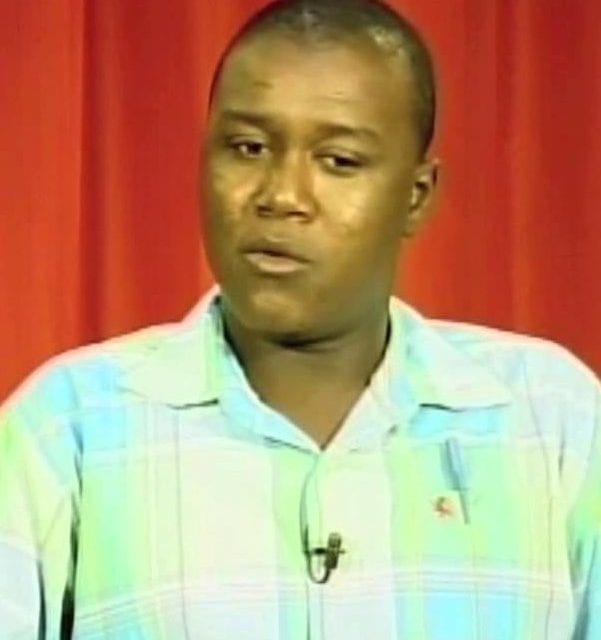Haiti
Charlot Jeudy with Kouraj, an LGBT rights group in Haiti, said on Monday, Aug. 7, that his organization is fighting to head off a proposed law that would ban same-sex marriage in that island nation, along with an pro-LGBT demonstrations.
A bill passed by the Haitian Senate last week provides for up to three years in prison and a fine of about $8,000 for either party to a marriage not between a man and a woman. The bill also would prohibit any public support or advocacy for LGBTQ rights.
Haitian law already specifically defines marriage as between a man and a woman.
Jeudy said the legislation would violate Haiti’s constitution and his group will try to persuade members of the Chamber of Deputies to reject it. “We have the right to protest and we have the right to be who we are and we have the right to be free” he said.
Last September, a cultural festival celebrating the LGBT community in Port-au-Prince was canceled the after organizers received threats and a local government official said he would prohibit the event he said violates the country’s moral values.
Ireland
Irish Prime Minister Leo Varadkar, speaking Saturday, Aug. 5, at a gay Pride event in Belfast, said it is “only a matter of time” before same-sex marriage is legalized in Northern Ireland, the only part of the United Kingdom where it still is banned.
A 2015 voter referendum legalized marriage equality in the republic of Ireland.
The issue has been one of the sticking points preventing the restoration of the Catholic-Protestant power-sharing government in Northern Ireland. The Democratic Unionists, Northern Ireland’s biggest British Protestant party and a key partner to British Prime Minister Theresa May’s government, has opposed same-sex marriage. The Catholic nationalist Sinn Fein supports it.
Australia
Australian Prime Minister Malcolm Turnbull said Tuesday, Aug. 8 that the Parliament in his country could legalize gay marriage this year if the nation’s voters endorse it in a rare nonbinding poll in November.
Turnbull said he expected the public would support marriage equality in the so-called plebiscite, and that he would personally campaign for a “yes” vote. It would be only the fourth time in Australian history, and first time in 43 years, that the government puts a legally nonbinding question to the electorate.
The conservative Liberal Party-led coalition was narrowly re-elected in July 2016 with a promise to let voters decide whether Australia should recognize same-sex marriage through a popular vote. But the Senate in November blocked the plebiscite, which would cost $135 million (in U.S. dollars) and promote a divisive public debate.
The Liberal Party held a crisis meeting late Monday to resolve infighting and rejected a push to allow lawmakers to decide the issue now. The government on Tuesday endorsed the party decision to ask the Senate this week to reconsider allowing the plebiscite, which would be held Nov. 25. Voting would be compulsory and failure to vote would be punishable by a fine, though a voluntary vote would be held if the Senate again rejects the measure.
If most Australians want gay marriage, the Parliament would vote on legislation before the last two-week session of Parliament of the year ends on Dec. 7.
Gay-rights advocates say enough lawmakers already back marriage equality to make same-sex marriage legal in Australia now. For the first time in Australian history, both the prime minister and opposition leader back the reform.


